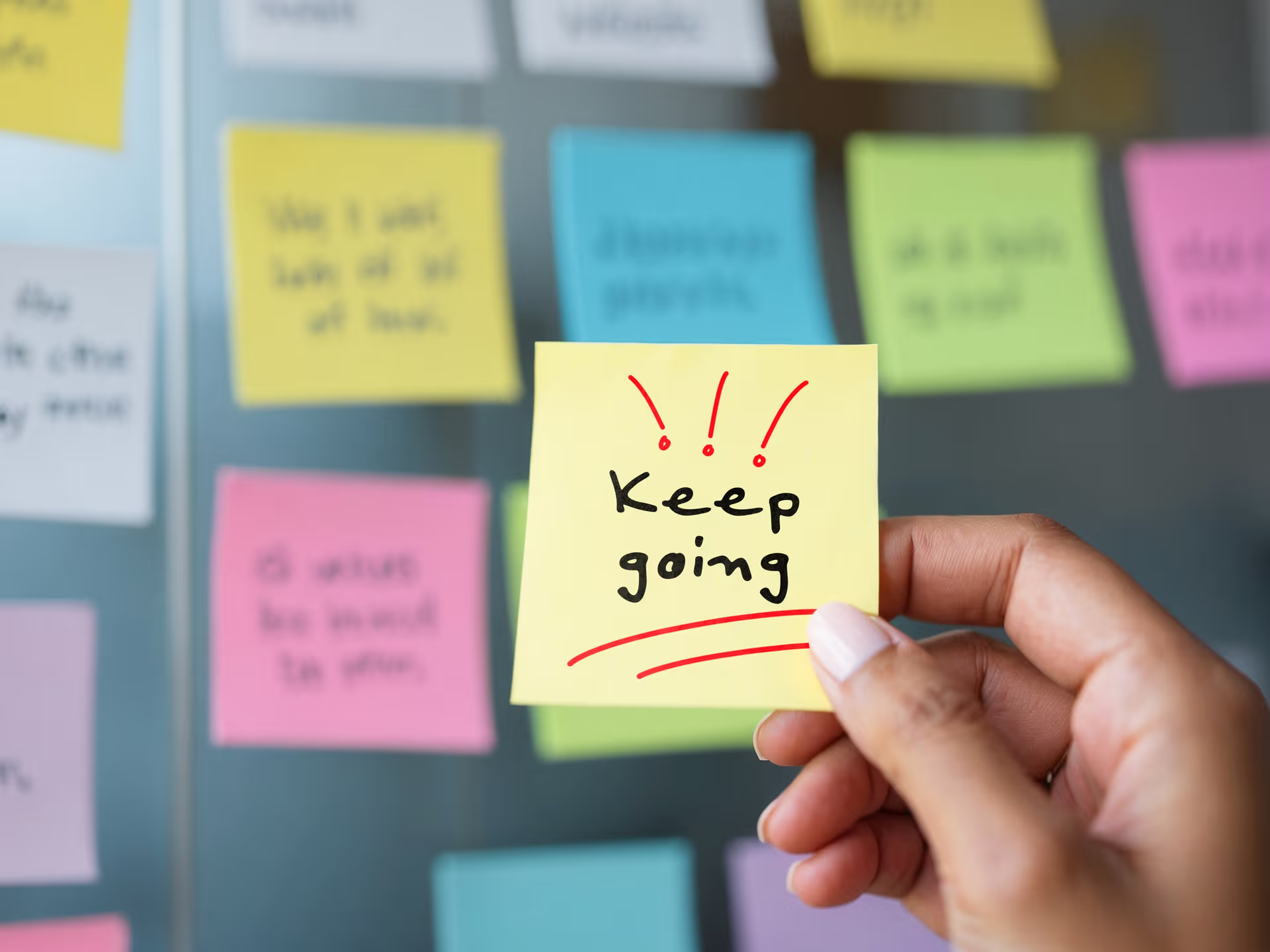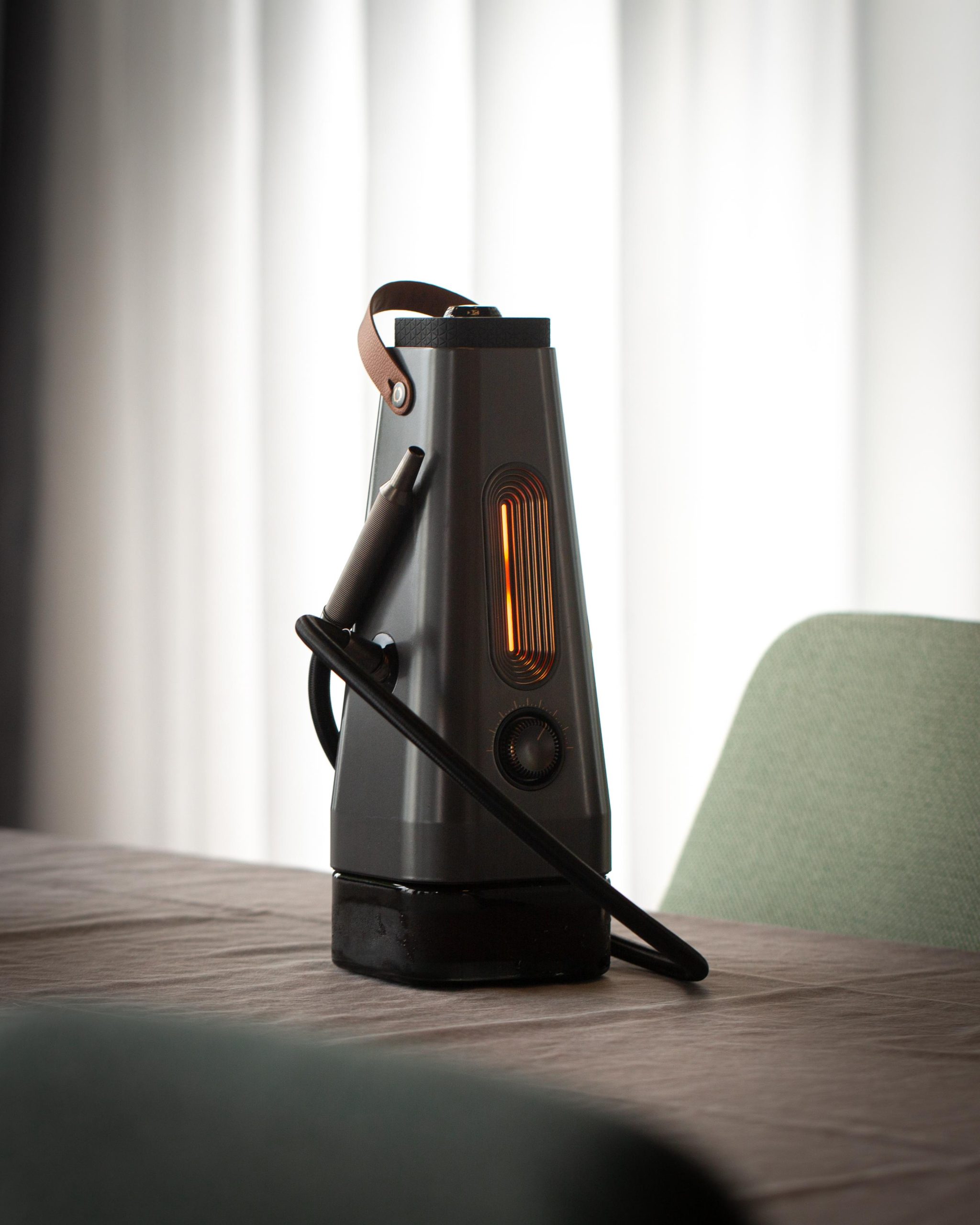You may have heard about the challenges of porn withdrawal, but have you truly considered the intricate journey it entails? The physical symptoms and emotional struggles are just the surface of a complex process that demands introspection and resilience. As you embark on this road to recovery, understanding the depths of porn withdrawal is crucial for your progress. Stay tuned to discover the nuances that shape this path and how you can navigate them effectively.
Physical Symptoms of Porn Withdrawal
If you’re experiencing porn withdrawal, you may encounter various physical symptoms as your body adjusts to the absence of this stimulus. Common physical manifestations during this period can include headaches, fatigue, muscle tension, and difficulty sleeping.
Headaches may arise due to changes in dopamine levels, which can impact blood flow to the brain. Fatigue is a common response as your body recalibrates its energy expenditure without the constant stimulation of porn. Muscle tension can result from increased stress or anxiety as your brain craves the dopamine release associated with pornography.
Sleep disturbances may occur as your body struggles to find a new rhythm without the artificial arousal porn provides. These physical symptoms are temporary and typically lessen as your body adapts to the new normal. It’s essential to stay hydrated, engage in physical activity, and practice relaxation techniques to help alleviate these physical discomforts during the withdrawal period.
Emotional Challenges During Withdrawal
As you navigate through porn withdrawal, it’s crucial to acknowledge the emotional challenges that may arise during this process. You may experience intense feelings of anxiety, irritability, and even depression as your brain adjusts to the absence of the constant stimulation it had grown accustomed to. These emotions can be overwhelming and may lead to mood swings or emotional outbursts.
During this time, it’s important to practice self-care and seek support from loved ones or a therapist. Engaging in activities that bring you joy and relaxation can help alleviate some of the emotional distress you may be feeling.
Additionally, practicing mindfulness techniques or deep breathing exercises can help you manage stress and regulate your emotions.
Remember that these emotional challenges are a natural part of the withdrawal process and a sign that your brain is recalibrating itself. Be patient with yourself and allow yourself to feel and process these emotions without judgment. With time and support, you can navigate through these emotional challenges and emerge stronger on the road to recovery.
Psychological Impact of Porn Withdrawal
During porn withdrawal, the psychological impact can be profound as your brain adjusts to the absence of the constant stimulation it had become reliant on. You may experience heightened anxiety, irritability, and mood swings as your brain chemistry rebalances. Feelings of restlessness or boredom are common as well, as your brain craves the dopamine rush it used to get from watching porn. This sudden change can lead to difficulties concentrating, sleeping problems, and even a sense of emptiness or depression.
Moreover, the psychological impacts of porn withdrawal can also manifest in the form of intrusive thoughts or intense cravings for pornographic content. Your brain may try to rationalize returning to old habits, making it essential to stay vigilant during this period.
It’s crucial to understand that these psychological challenges are a natural part of the withdrawal process and that with time and perseverance, your brain will adapt to healthier stimuli and coping mechanisms.
Coping Strategies for Withdrawal Symptoms
To effectively manage the withdrawal symptoms associated with stopping porn consumption, it’s crucial to employ various coping strategies that can support your journey towards recovery.
Firstly, staying connected with a support system can be immensely helpful. This could involve confiding in a trusted friend or seeking guidance from a therapist specializing in addiction.
Engaging in healthy activities such as exercise, hobbies, or meditation can also provide a positive outlet for stress and cravings. Keeping yourself busy and distracted by setting goals or learning new skills can redirect your focus away from urges.
Practice self-compassion and patience with yourself during this challenging period. Journaling your thoughts and feelings can help process emotions and track progress.
Additionally, creating a structured daily routine can provide stability and reduce the likelihood of relapse. Remember, it’s okay to seek professional help if needed.
Navigating Triggers and Temptations
When navigating triggers and temptations during porn withdrawal, understanding what prompts your cravings is essential. Identifying the specific situations, emotions, or thoughts that lead to the urge to watch porn can help you develop effective strategies to combat them. Recognizing triggers could involve keeping a journal to track patterns or seeking support from a therapist or support group to gain insights from others who’ve gone through similar experiences.
Once you have identified your triggers, it’s crucial to create a plan to manage them. This could include finding alternative activities to engage in when cravings arise, such as exercising, meditating, or spending time with loved ones.
Additionally, removing any access to porn addiction ographic material or setting up website blockers can help reduce the temptation to relapse.
Remember that overcoming porn withdrawal is a journey, and setbacks may occur. Be kind to yourself and stay committed to your recovery goals. By understanding and navigating your triggers and temptations, you can build resilience and empower yourself to move forward on the path to healing.
Frequently Asked Questions
Can Porn Withdrawal Lead to Relationship Issues?
Yes, porn withdrawal can lead to relationship issues. It may create communication barriers, intimacy challenges, and trust issues. Seeking support, open dialogue, and professional guidance can help navigate these difficulties and strengthen your relationship during this challenging time.
How Long Does It Take to Recover From Porn Addiction?
Recovering from porn addiction varies for each person. It can take months to years. Commit to therapy, support groups, and healthy habits. Stay patient, focused, and consistent. You can overcome this challenge with determination and perseverance.
Is It Common to Experience Guilt and Shame During Withdrawal?
Feeling guilt and shame during withdrawal is common. Your brain is adjusting to life without porn, triggering emotional responses. Acknowledge these feelings, seek support, and practice self-compassion. Remember, it’s a natural part of the healing process.
Can Withdrawal Symptoms Vary Depending on the Type of Porn?
Withdrawal symptoms can vary based on the type of porn you watched. Your brain may react differently to different content, leading to unique challenges during recovery. Understanding these variations can help you navigate your healing journey.
Are There Support Groups Specifically for Porn Addiction?
Yes, there are support groups tailored for porn addiction. They provide a safe space for sharing experiences and receiving encouragement. Joining one could be beneficial in your journey towards recovery and breaking free from addiction.
Conclusion
As you continue on the road to recovery from porn addiction, remember that understanding and managing porn withdrawal symptoms is a vital part of the journey. By taking care of yourself, seeking support, and staying vigilant against triggers, you can navigate the challenges of withdrawal with patience and determination. Keep moving forward with self-compassion and resilience, knowing that you have the strength to overcome this obstacle on your path to a healthier, happier life.




